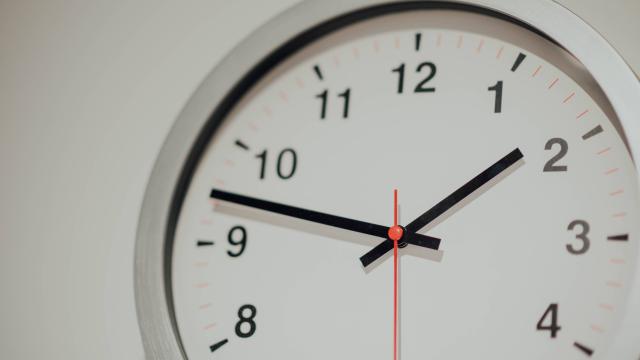When I’m trying to decide whether to take on a new freelance project, I look for work that’s going to pay at least $100/hr.
If someone asks me to complete a $500 article, for example, I ask myself whether I can do the necessary research, drafting, and revising in under five hours.
However, that doesn’t mean my true hourly wage is $100/hr. There’s a lot of stuff that goes into a freelance career besides writing — there’s pitching, bookkeeping, marketing, and so on. I’m not actively earning money when I do that kind of work, but it’s still part of my freelance career.
[referenced url=”https://www.lifehacker.com.au/2019/04/shorter-projects-are-often-better-for-freelancers-than-longer-ones/” thumb=”https://i.kinja-img.com/gawker-media/image/upload/t_ku-large/sqsuaqlcgb0yeydtmnel.jpg” title=”Shorter Projects Are Often Better For Freelancers Than Longer Ones” excerpt=”Freelance writers: would you rather write three 500-word pieces for $150 each or one 1,500-word piece for $900?”]
The same goes for traditional employees. You may get paid for every hour you spend at work — though if you’re an exempt employee who regularly works beyond a 40-hour work week, that’s debatable — but you also have to complete a lot of unpaid work in order to do your job.
There’s commuting, for example.
And wardrobe maintenance.
Plus all the networking, and professional development, and after-work happy hours.
There’s also the thing where you might have to arrive at your workstation before it’s time to clock or log in (and then you can’t go to your locker and get ready to go home until after you clock out), so add another 15 minutes at the beginning and end of your workday, and maybe that means you have to take the bus that leaves at 6:40 AM instead of the one that leaves at 6:55, so add another 15 minutes there, and… well, you get the idea.
Vicki Robin, co-author of Your Money or Your Life, suggests that we all take the time to calculate our real hourly wage — that is, the money we actually earn, per hour, once we count up all the hours we spend on work-related tasks.
Khe Hy, at RadReads, has put together a spreadsheet to help us calculate what we’re actually earning. You input your income, the number of hours you spend at work, your commute time, the amount of work you do on the weekends, and how much time it takes you to unwind from work every day — plus a bunch of other figures such as your effective tax rate and the amount of money you spend on work-related stuff, from clothing to happy hours.
Read Hy’s explanation of how the calculator works or go straight to the spreadsheet (you’ll need to make a copy of the spreadsheet before you can fill in your own values).
When I ran the numbers, my $100/hr rate turned into $26.88 per hour after taxes. I’m still doing fine, financially — I’m in the top 50 per cent of American earners and I live in a mid-sized Midwestern city, so my income consistently exceeds my expenses – but it’s an interesting way of looking at how much all my unpaid work actually costs me.
What about you?

Comments